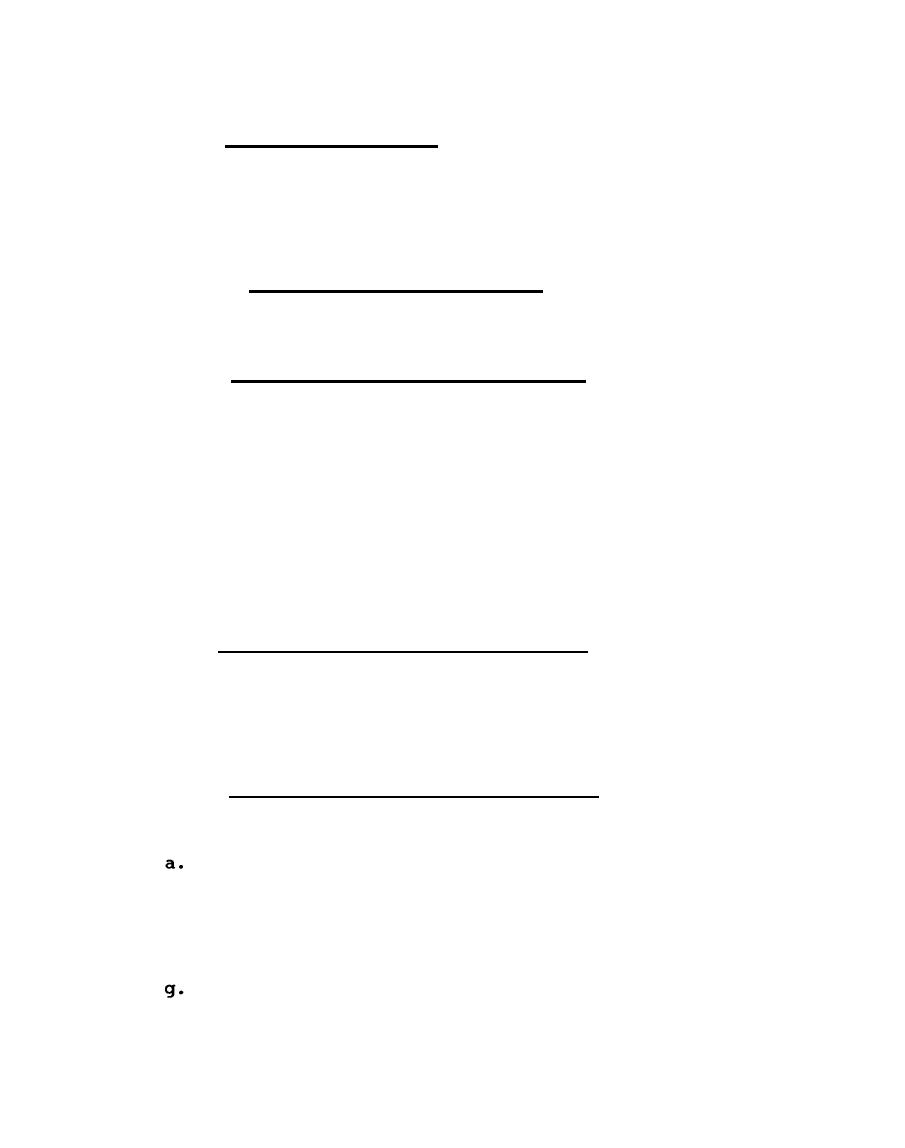

Custom Search
|
|

|
||
 4.6 FABRICATION AND IN-PROCESS QUALITY CONTROLS
4.6.1 General and Purpose. Fabrication and in-process quality,
control applies to work performed on the facility whether it is in
conjunction with initial construction, alterations, overhauls or
repairs. The purpose of these controls is to provide procedures for
ensuring that: the personnel performing the work are qualified,
approved processes are followed, proper inspection of the work is
conducted, and the work is properly documented.
conducting
Personnel
Qualifications.
4.6.2
Personnel
fabrication and in-process work often requires qualifications to
do so (e.g., welders, inspectors). Chapter 2, Section 8 provides
guidance concerning these requirements.
4.6.3 Approved Fabrication Procedures. The initial step in
conducting any fabrication or in-process effort is to develop,
procedures for conducting the work. These procedures shall be
developed so that they comply with applicable codes, standards and
specifications. When developed and formally prepared all such
procedures shall be approved by the hyperbaric facility manager.
With respect to hyperbaric facilities, fabrication procedures are
required for:
o
Man-rated chamber welding.
Life-critical pipe welding.
o
o
Life-critical pipe fabrication.
Life-critical component fabrication.
o
Life-critical pressure vessel welding.
o
4.6.4
Fabrication Inspection Procedures. Standards and
codes require that periodic inspections of fabrication efforts be
conducted. These inspections include Visual Testing (VT), Penetrant
Testing (PT), Ultrasonic Testing, Magnetic Particle Testing (MT),
and Radiographic Testing (RT) methods. Fabrication procedures will
include applicable inspection checks, and approved inspection
procedures must be established to conduct these checks.
4.6.5 Fabrication Documentation Records. Fabrication efforts
must be documented properly. As a minimum, the information listed
below must be recorded and kept on file.
Fabrication record number.
b.
Date(s) fabrication performed.
C.
Identification of components, equipments and piping
joints within the scope of work.
d.
Description of work.
e.
Fabrication procedures used.
f.
Inspection procedures used.
Drawing reference.
h.
Standard/Code/Specification references.
i.
Person(s) performing work.
4-14
|
 |
|
 |
||